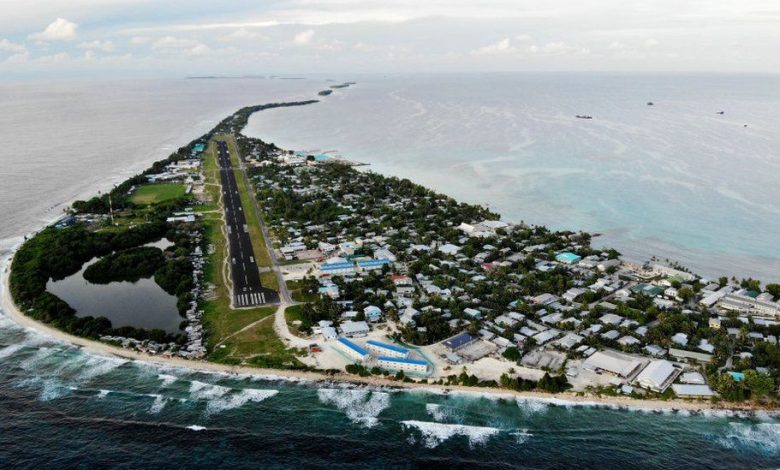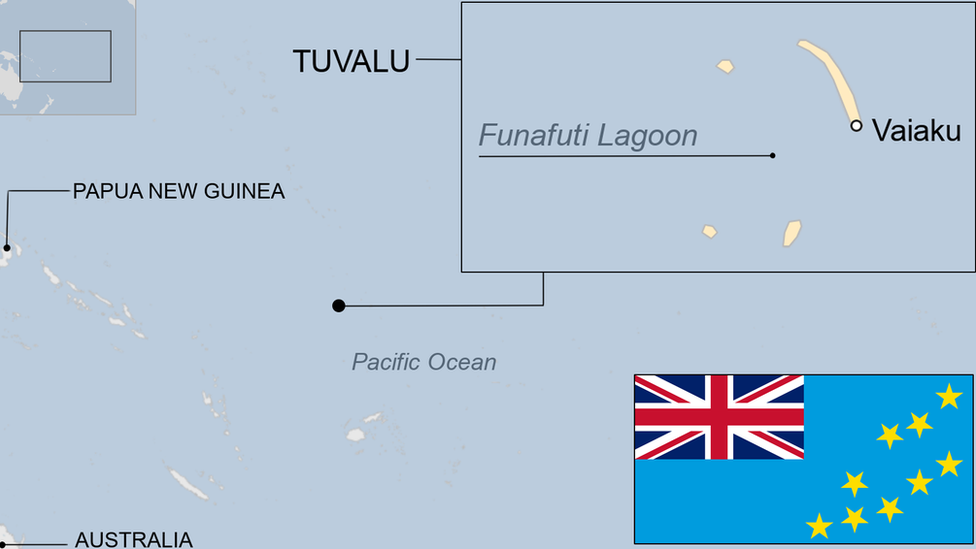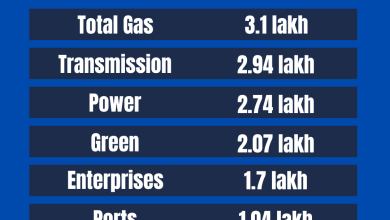Detailed Introduction to the Country of Tuvalu: Hidden Gems Unveiled

Welcome to our detailed guide about Tuvalu. Tuvalu is a small island nation in the Pacific Ocean. Let’s explore its unique features.
Geography of Tuvalu
Tuvalu is located in the central Pacific Ocean. It lies midway between Hawaii and Australia. The country is made up of nine islands. These islands are small and low-lying.
The Islands Of Tuvalu
- Funafuti
- Nanumanga
- Nanumea
- Niulakita
- Niutao
- Nui
- Nukufetau
- Nukulaelae
- Vaitupu
Funafuti is the capital of Tuvalu. It is the largest island. The total land area of Tuvalu is about 26 square kilometers. This makes Tuvalu one of the smallest countries in the world.
History of Tuvalu
The history of Tuvalu is rich and fascinating. The islands were first settled around 3,000 years ago. The first settlers were Polynesians.
European Contact
In the 16th century, European explorers arrived. Spanish explorer Álvaro de Mendaña was the first European to visit. He arrived in 1568.
British Colonization
In the late 19th century, Tuvalu became a British protectorate. It was part of the Gilbert and Ellice Islands Colony. Tuvalu gained independence from Britain on October 1, 1978.

Credit: www.bbc.com
Culture of Tuvalu
Tuvaluan culture is vibrant and diverse. It is deeply rooted in Polynesian traditions. The people of Tuvalu are known for their friendliness and hospitality.
Language
There are two main languages spoken in Tuvalu: Tuvaluan and English. Tuvaluan is the most widely spoken language. English is used in government and education.
Traditional Music And Dance
Music and dance are important parts of Tuvaluan culture. Traditional dances include the fatele. The fatele is performed at special occasions and celebrations.
Clothing
Traditional clothing in Tuvalu is simple and practical. Men often wear loincloths called “titi.” Women wear skirts called “sulu.” Modern clothing is also common.
Economy of Tuvalu
The economy of Tuvalu is small and limited. The main sources of income are fishing, agriculture, and remittances. Many Tuvaluans work abroad and send money home.
Agriculture
Agriculture in Tuvalu is challenging. The soil is poor and there is limited fresh water. Common crops include coconuts, taro, and breadfruit.
Fishing
Fishing is an important part of the economy. Tuna is the main fish caught. Fishing provides food and income for many families.
Tourism
Tourism in Tuvalu is small but growing. Visitors come to enjoy the beautiful beaches and clear waters. The country offers a unique and peaceful experience.

Credit: www.bbc.com
Challenges Facing Tuvalu
Tuvalu faces several challenges. The most pressing issue is climate change. Rising sea levels threaten the islands. Other challenges include limited resources and economic opportunities.
Climate Change
Climate change is a major concern for Tuvalu. The islands are only a few meters above sea level. Rising sea levels could make the islands uninhabitable.
Limited Resources
Tuvalu has limited natural resources. Fresh water is scarce. The soil is not very fertile. These factors make agriculture difficult.
Economic Opportunities
There are few economic opportunities in Tuvalu. Many people rely on remittances from family members working abroad. The government is working to develop new industries.
Interesting Facts About Tuvalu
- Tuvalu is the fourth smallest country in the world by land area.
- The population of Tuvalu is around 11,000 people.
- Tuvalu means “eight standing together.” This refers to the eight traditionally inhabited islands.
- Tuvalu is a member of the United Nations.
- The country has its own internet domain: .tv
Frequently Asked Questions
Where Is Tuvalu Located?
Tuvalu is in the Pacific Ocean, between Hawaii and Australia.
What Is The Capital Of Tuvalu?
The capital of Tuvalu is Funafuti, located on an atoll.
What Language Do They Speak In Tuvalu?
In Tuvalu, people speak Tuvaluan and English.
What Is The Population Of Tuvalu?
Tuvalu has a population of around 11,000 people.
Conclusion
Tuvalu is a unique and fascinating country. Its rich culture, history, and natural beauty make it special. However, it also faces significant challenges. Understanding and supporting Tuvalu is important for its future.
Thank you for reading our detailed introduction to Tuvalu. We hope you found it informative and interesting.




